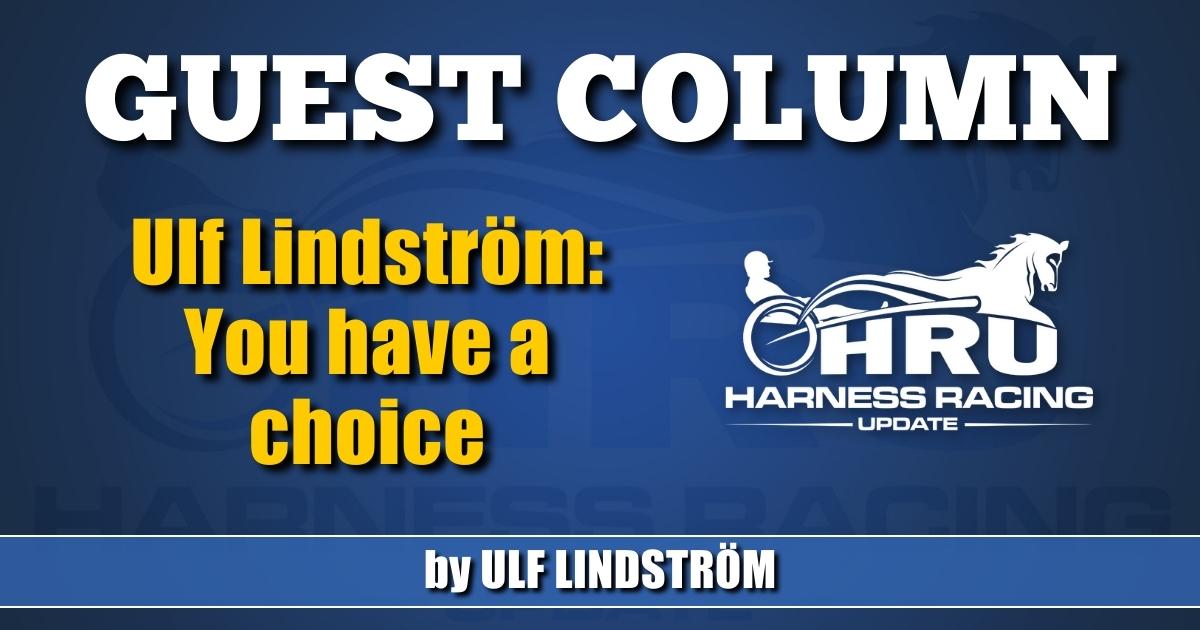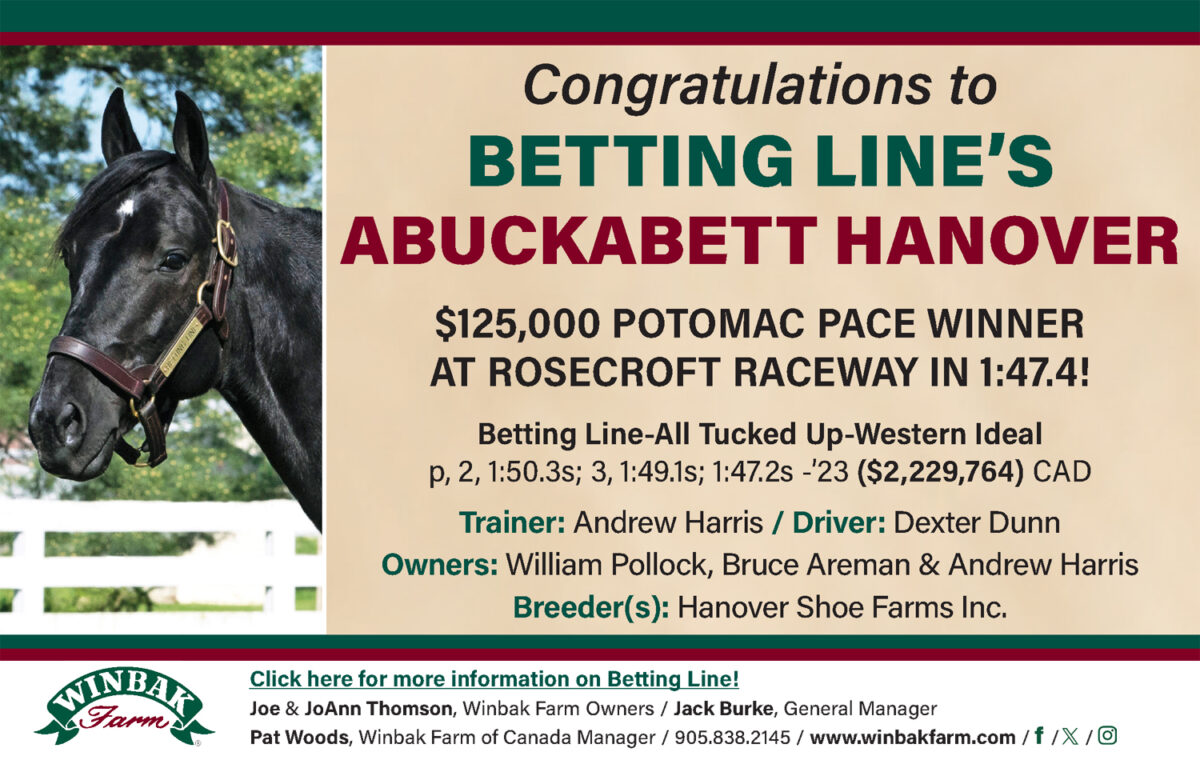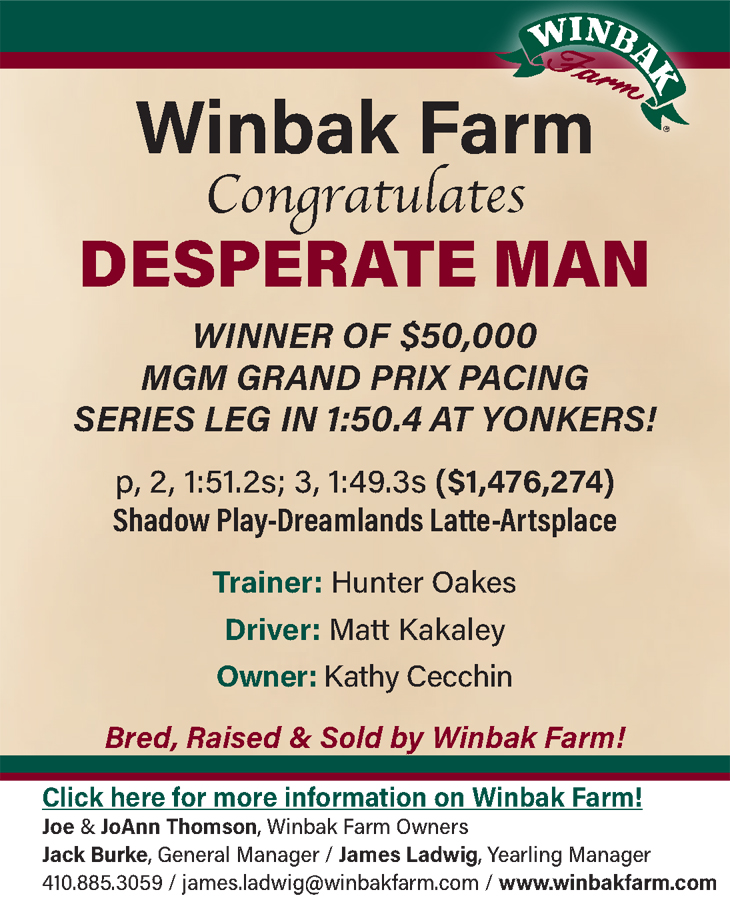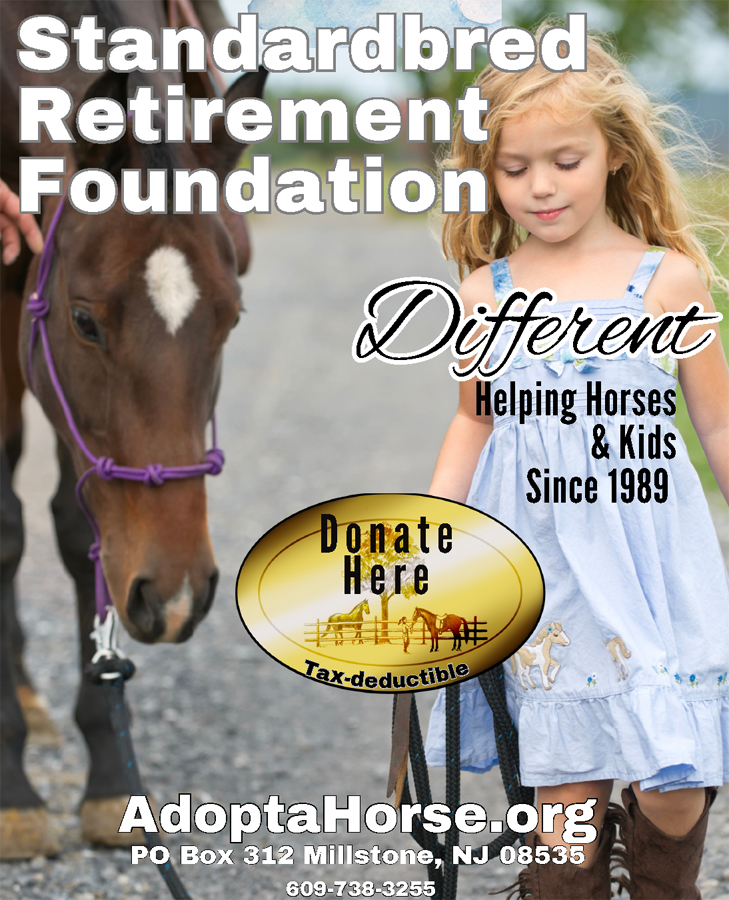“You have a choice”
by Ulf Lindström
“Sir, you have a choice,” says the waitress in the hotel breakfast room on your first jetlagged morning in Lexington. Eggs now come in 12 different varieties and I wish I were back in old East Berlin: “Eiern? Gibt’s nicht.”
Fine, but you have a choice also not to join the community of owners of trotters, pacers and runners. If, however, you elect to spend your money on a yearling, the outlay will incur a fee on registration with the authority.
Now, add $100 for each standardbred head, making them eligible for eight North American stakes, appropriately named for Mr John H. Wallace, founding father of the breed. Incidentally, his bicentennial is coming up on Aug. 16.
The USTA registered close to 5,000 trotters born in 2020. That means a pot of almost $500,000. Sponsorship and similar sources will accumulate to offer decent purses for the eliminations and finals.
A crisp Franklin entitles you to enter the eliminations in two national stakes (trot and pace) for free at 2 and 3 (preferably 3 and 4, or 2 and 4 for come-back kids), no further questions asked; no sustaining payment; no matter changes of ownership; no deadline. Stay out of trouble, pay your taxes, don’t commit any misdemeanor, and you’re allowed to dream about what to wear on the big day at the finals. Miracles still happen.
But my filly is by Goodfnothing out of Localheroine whose motherline is, well fuggedaboudit.
So? What about earlier out of the blue crosses that upset the industry’s received wisdom on racing and bloodlines? What about the sturdy stallions who came in from the cornfields to serve the local mares? His crops were raced against each other in some overlooked sections of the Midwest, colts and fillies that — had they been shipped to the Red Mile, Good Time Park — would have, at the wire, been able to laugh at the fancy production of the fancy farms.
You don’t have to hold a Ph.D. in marketing to guess what still makes the big splash in our sport: local, local, local. The filly of modest pedigree, out of a dam that almost died at the foaling, trained by the humblest, owned by the family of moderate means… Already one local factor ticked off, off-Broadway home turf, may suffice for extensive media coverage such as that afforded to Somebeachsomewhere. Sports journalists, thank God, still know a few lines from the canon of American letters: “… the past… it’s never dead. It’s not even past.”
Downside? Of course. Home-built longshots will be around for breeding down the stock, the production bought by hoodwinked customers. Animals will fare ill by bungling amateurs. Quack vets will get away with their prescriptions of banned substances.
Indeed, hazards, but with a shrinking stock of stellar material — standardbreds and thoroughbred — owned by the less pitiful among us, with federal legislation looming on the horizon of D.C. and Ottawa, horse racing is a sitting porcelain figurine for PETA.
It has been off the political agenda for 2,000 years, though:
“Chariot racing was an expensive sport to compete in, and the owners of the horses and chariots — who watched as drivers competed in their name — used the event to flaunt their wealth.”* www.history.com/news/chariot-racing-ancient-rome
No, the past, like the Volstead Act too, is not past. It still inspires forces that dream of reinventing the entire entertainment scene of East Germany.
All that remains for us is to relocate to France? Appropriately, Omelette vallé d’Auge is an excellent choice, a local egg dish originating from Normandy, France›s equine heartland.

















